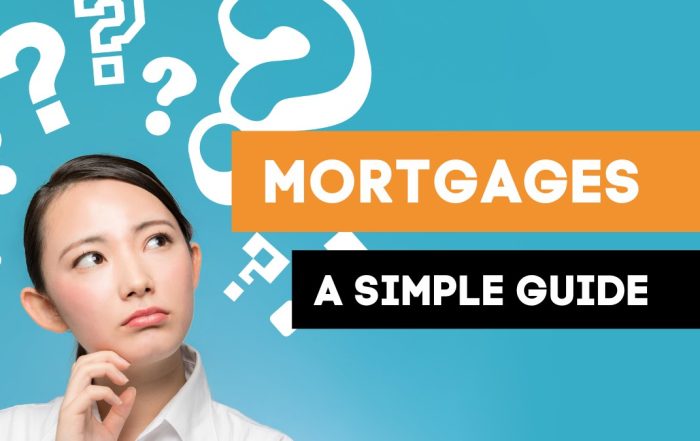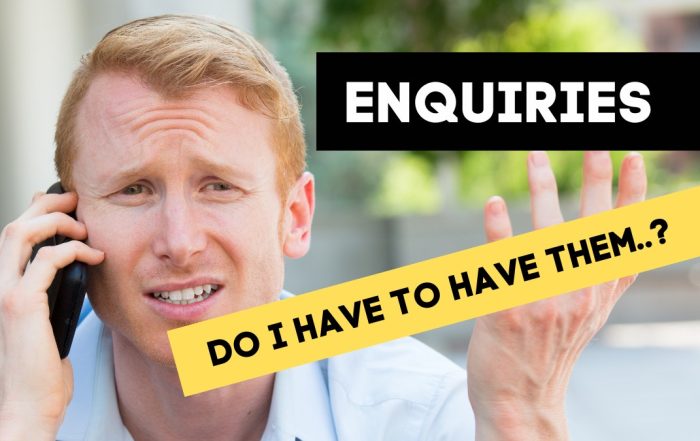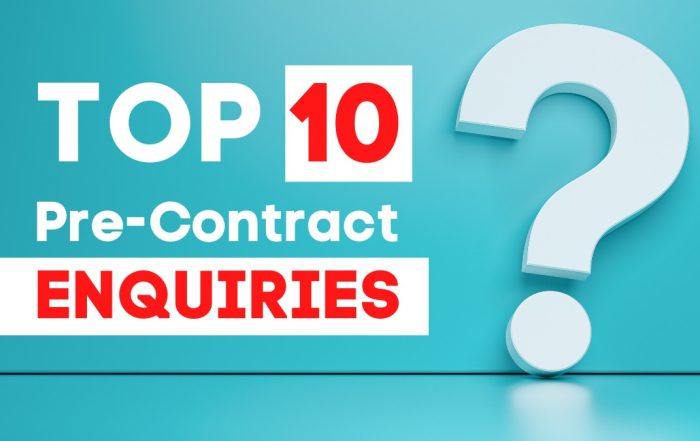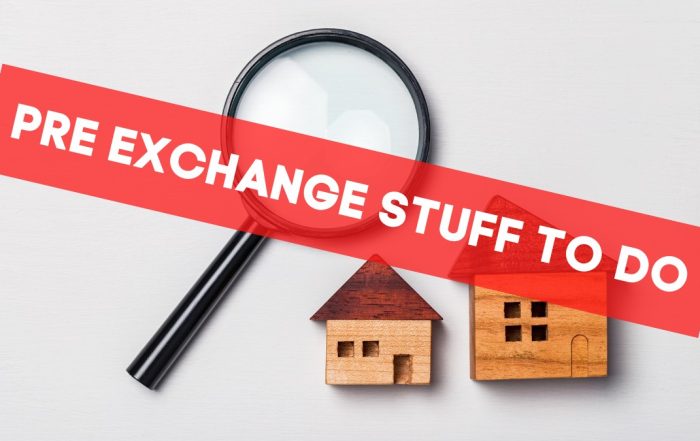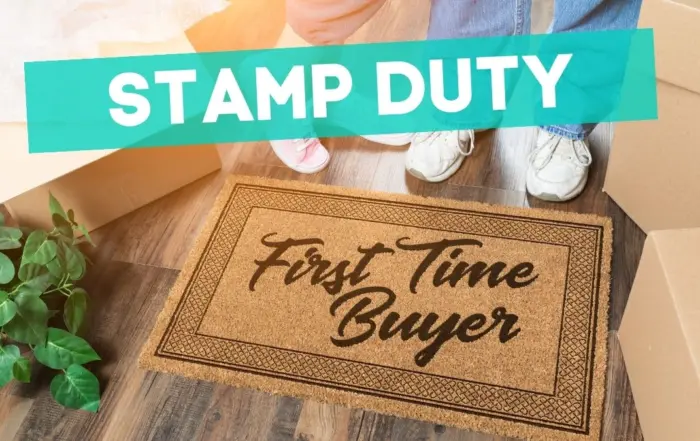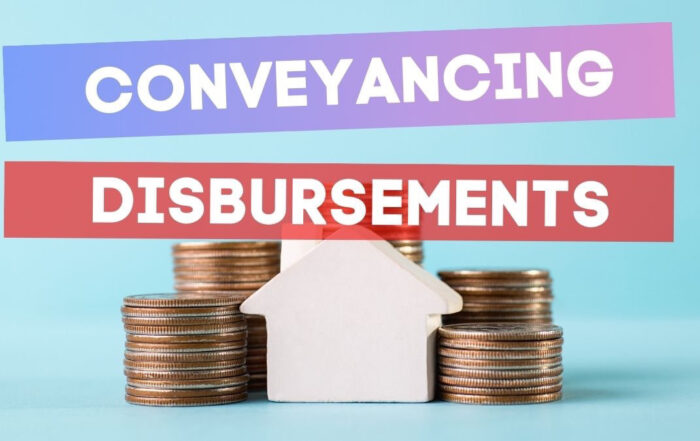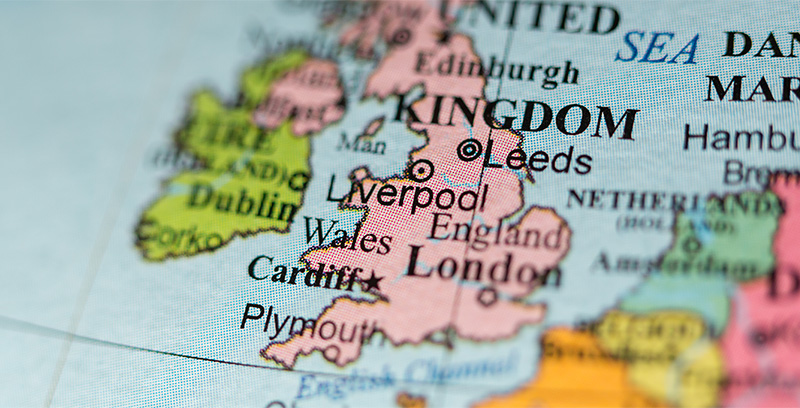Online Conveyancing Solicitors
So you’re moving house – congratulations! And, welcome to QLAW – the online conveyancing solicitor for everyone, everywhere.
You’ll find everything you need here from loads of useful guides about the conveyancing process, to details on conveyancing fees (including an instant online conveyancing quote – which gives you a full breakdown of what you will have to pay including Land Registry fees and Stamp Duty).
5 STAR Solicitor reviews!
Check out other solicitors’ websites and they’ll be littered with self-adulation – they’re “leading solicitor” this, and “solicitors doing” that. Rather than toot our own horn we’d rather you be the judge of how good our solicitors are. Trustpilot is a totally independent review site where our clients are free to leave whatever thoughts they feel best describe the legal service they received from us. It’s raw. It’s honest. It’s for real. And critically, it’s from you!
About Conveyancing
What is Conveyancing?
Conveyancing is the legal process of the transfer of ownership of property in the UK – put another way it is the legal bit of buying and selling property!
The term conveyancing comes from the legal document that used to transfer the ownership of land from one owner to the next known as a ‘conveyance’.
How much does Conveyancing cost?
Don’t guess what your conveyancing will cost! You can get an exact costing for you move on our quote page. Our online conveyancing quote will break down everything including conveyancing fees (the fee paid to your property solicitor); Stamp Duty; search fees; and any fees due to HM Land Registry (HMLR).
What are Conveyancing disbursements?
Conveyancing disbursements are the bits your conveyancer will pay to third parties on your behalf – so searches, HMLR fees, and Stamp Duty. Remember that your conveyancing disbursements will be the same whatever property solicitor you choose.
Cheap Conveyancing Quote?
Beware cheap conveyancing quotes and check carefully on a ‘like-for-like’ basis when you get more than one quote. Some conveyancers will give a cheap conveyancing headline figure, but then split out bits that are actually part of their own service anyway and this can give a false sense of comparison.
The best Conveyancing Solicitors
Perhaps the balance between cheap conveyancing and peace of mind is value for money! Moving house is right up there with life’s major stresses. And, the conveyancing process is far from perfect – and likely to cause stresses of its own irrespective of what conveyancer you chose.
Simple fact is that every conveyancer should be able to deal with the legal stuff for you. The question is, what will make that journey most comfortable for you. At QLAW we know that the answer to that question is simple – communication! Our aim is always to ensure that you know exactly where you are at on your house move journey, who’s court the ball is in, and what’s happening next.
We achieve that with (amongst other things) our client APP which gives you 24/7 access to us and your file. You wont EVER be in the dark about what’s what. Very few conveyancers offer this level of transparency. We do, because we know we will deliver for you. Our APP includes a fully ‘self serve’ onboarding process, 24/7 access to everything, and secure in built messaging direct to our property team.
Local or Online Conveyancer?
Nothing that happens in your house move needs your conveyancer to be local. And, don’t let local be confused with convenience. It is no good for you to use a local conveyancing solicitor but then they never answer the phone, or you have to physically go their offices with your ID because they don’t have the technology of QLAW allowing biometric ID (like the modern internet banks).
What is the Conveyancing Process?
Your conveyancing solicitor is just one part of your house move. You will also deal with an estate agent; surveyor; a mortgage lender (perhaps through a mortgage broker); and removals company.
The stages that your conveyancing solicitor will deal with for you happen once the house sale/purchase has been agreed through the estate agent. Those stages all work toward exchange of contracts and what is know as ‘completion’ (the day you move house). Until exchange of contracts, nobody is legally bound and both buyer and seller can walk away. This can cause enormous stress for everyone concerned! The bits you need to get sorted before exchange of contracts include the following, and not all of them fall to your conveyancer:-
- ONBOARDING – this is the process of your conveyancer formally engaging you as a client, taking our ID, have you fill out various forms, and so on
- CONTRACT PACK – this is really the first main part of the legal process. The seller’s solicitor will prepare the contract pack and send it to the buyers solicitors
- SEARCHES – these will include a local authority search; environmental search; and water and drainage search. This is done by the buyer’s as they want to establish the good the bad and ugly of what it is they are buying!
- MORTGAGE – you will arrange this yourself (not your solicitor) and you might do so directly with a lender or via a mortgage broker. Your conveyancing solicitor will ‘report’ to you on your mortgage in as much as they will highlight for you the key legal implications – duration, etc
- SURVEY – again, this is one for you. There are a few different surveys that you can have done from a simple home valuation, through to a full survey. If you are taking a mortgage your lender will insist on you having a valuation as they will want to know that the money they are lending to you is safe. Your survey might unearth something that you would like your conveyancer to raise as a formal ‘pre-contract enquiry (see below).
- ENQUIRIES – (also known as ‘pre-contract enquiries’ or ‘conveyancing enquiries’) this is the final step before exchange of contract and it is where the buyer’s conveyancer will raise formal questions of the seller’s solicitors. This might be anything from is the washing machine staying, through to complex legal questions around the legal title of the property
When does Exchange of Contracts happen?
All of the above 6 steps need to be completed before you can exchange contracts. AND, critically, everyone else in your ‘chain’ needs to be ready too because exchange of contracts (and the subsequent moving day ‘completion’) need to happen at the same time up and down the chain. This can be terribly frustrating for buyers and sellers up and down the chain (and the estate agents and solicitors!) as bringing the chain together ready for exchange can be difficult – for example one party may be deliberately stalling if they have personal reasons for delaying their own move. But, that will stop the whole chain from exchanging contracts!
How long does it take to Exchange Contracts?
As a very rough rule of thumb, you should allow around 12 weeks to get from the start of your house purchase to exchange of contracts. But remember – this will vary enormously from one sale/purchase to another, and you will need the chain above and below you to be ready to go. One party in the chain wanting to slow things down can scupper everything! That’s perhaps the great frustration with conveyancing in the UK – so much of it is out of your control, and until you exchange contracts it can all fall apart.
What happens on Exchange of Contracts?
You will have signed your contract ahead of exchange (once your conveyancer is happy with everything). Signing the contract does NOT tie you into the house sale/purchase – ‘exchange of contracts’ does. On the day of exchange, your conveyancing solicitor will check that you are happy to go ahead, and there is then a process whereby the solicitors up and down the chain exchange one after the other. It is all done by phone, and the actual contracts get sent out by post that night to the other solicitor.
The completion date will be set, and a deposit paid by the purchaser.
How much deposit do I pay on Exchange of Contracts?
The normal process is for the buyer to pay a 10% deposit on exchange of contracts.
When will I get a Completion date?
Exchange of contracts will include setting the completion date. Completion is the day you (and everyone else in your chain) actually move.
How long between Exchange of Contracts and Completion?
There is no hard and fast rule on this, and technically it can even be on the same day as exchange of contracts (this does not happen often). Ideally you will have perhaps a couple of weeks which will allow you plenty of time to organise time off with work, child care, and critically to book your removals company!
What happens after Completion?
After completion your conveyancer will:-
- HMLR – Register you as the new onwer(s) at the Land Registry (HMLR)
- Stamp Duty – pay any SDLT due on your behalf
- Mortgage – register your lender’s mortgage at HMLR too
Why does Conveyancing take so long?
If you want to make sure your conveyancing happens as quickly as possible, step one is to instruct the best conveyancing solicitors! But even then, lots of the conveyancing process is out of their hands, and critically you are always beholden to your ‘property chain’ (ie the buyers and sellers in the transactions linked to your own sale and purchase – ‘above’ and ‘below’ you). Everyone in the chain needs to be ready (and willing) to exchange contracts before your own property solicitor can exchange contracts for you. There is unfortunately NOTHING your conveyancer (or estate agent) can do to make buyers and sellers up and down the chain go quicker than they want to or can.
Joint Ownership of Property
If you are buying your property jointly with someone else, you will need to decide what type of joint ownership you want.
What types of Joint Ownership?
There are two types of joint ownership of property in the UK:-
- JOINT TENANCY
- TENANCY IN COMMON
What is a Joint Tenancy?
A joint tenancy is where the whole of the property is owned by all joint owners (2 or more) in equal shares and if one (or more) owners die their share passes automatically to the surviving owner(s) by a legal principle known as the ‘right of survivorship’. This overrides anything else including a will that might purport to gift the property elsewhere.
What is a Tenancy in Common?
A tenancy in common has the joint owners holding a specified separate share each (rather than equal shares of the whole). The shares can be unequal (unlike a joint tenancy), and they do NOT pass automatically on death to a surviving owner.
Joint Tenancy or Tenancy in Common?
View our Joint Tenancy or Tenancy in Common article for more information.
Do I need a Will?
Yes! Whether you decide to be joint tenants or tenants in common, we should all have a will that is up to date and properly reflects our wishes. That said, do remember that if you own as joint tenants then the house will automatically go to the surviving owner because of the right of survivorship. If you hold as tenants in common, your share in the house will pass via the terms of your will(s).
1) Onboarding >
3) Searches >
4) Mortgage >
5) Surveys >
6) Enquiries >
General
VALUE
SIMPLE
QUICK
EXPERT
Solicitor near me?
Was it George Orwell (Animal Farm) that challenged us to wonder whether all things that seem equal really are (the question was posed via Napoleon – a power hungry young pig). So, what about solicitors? Are all solicitors equal? As sure as pigs is pigs, the answer is most definitely NOT!
Contact our Conveyancing Solicitors
Our 5 star rated conveyancers can help you with all of your house buying and selling needs!










